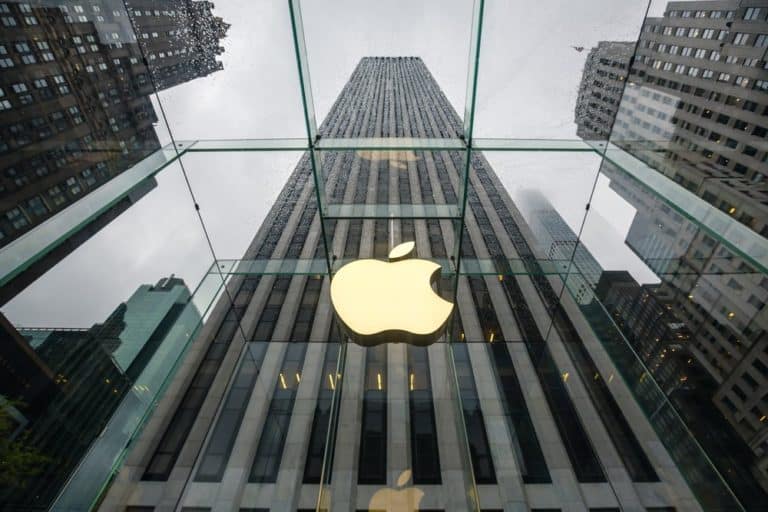Apple is guilty of violating three patents of Qualcomm, as a jury in a U.S. lawsuit determined. The iPhone manufacturer must therefore pay 31 million dollars (27 million euros) to Qualcomm. The patents relate to improving the battery life of smartphones. That’s what Reuters says.
Qualcomm sued Apple at the end of 2017 for violating the patents. These were techniques used in iPhones with Intel modems. At the trial, the company now demanded that Apple pay unpaid royalties of up to $1.41 per iPhone.
“The technologies that Qualcomm and others have invented have made it possible for Apple to enter the market and become successful as soon as possible,” says Qualcomm’s lawyer, Don Rosenberg. “We are grateful that courts around the world reject Apple’s strategy not to pay for our intellectual property.”
Apple, for its part, says it is disappointed in the outcome. “Qualcomm’s ongoing campaign of patent infringement claims is nothing more than an attempt to distract us from larger problems they have, with investigations of their business practices by the U.S. federal courts,” the company said. The iPhone manufacturer wouldn’t say if it was going to appeal.
Battle
The lawsuit is part of a two-year legal battle between Apple and Qualcomm. Qualcomm was indicted in January 2017, because the license fees were too high. Apple then decided – as did several other manufacturers – to stop paying the licence fee. Qualcomm saw this as a reason to initiate its own lawsuit for failure to pay. Qualcomm also stated that Apple had shared classified information with Intel.
Apple’s licensing lawsuit starts in April this year and is also the biggest case in the entire dispute. However, the outcome of the patent infringement case can play a role in this, because it awards a telephone prize for Qualcomm’s intellectual property. The Qualcomm licensing model consists of a part of the selling price of the telephone. That’s what Apple finds unfair and illegal.
This news article was automatically translated from Dutch to give Techzine.eu a head start. All news articles after September 1, 2019 are written in native English and NOT translated. All our background stories are written in native English as well. For more information read our launch article.